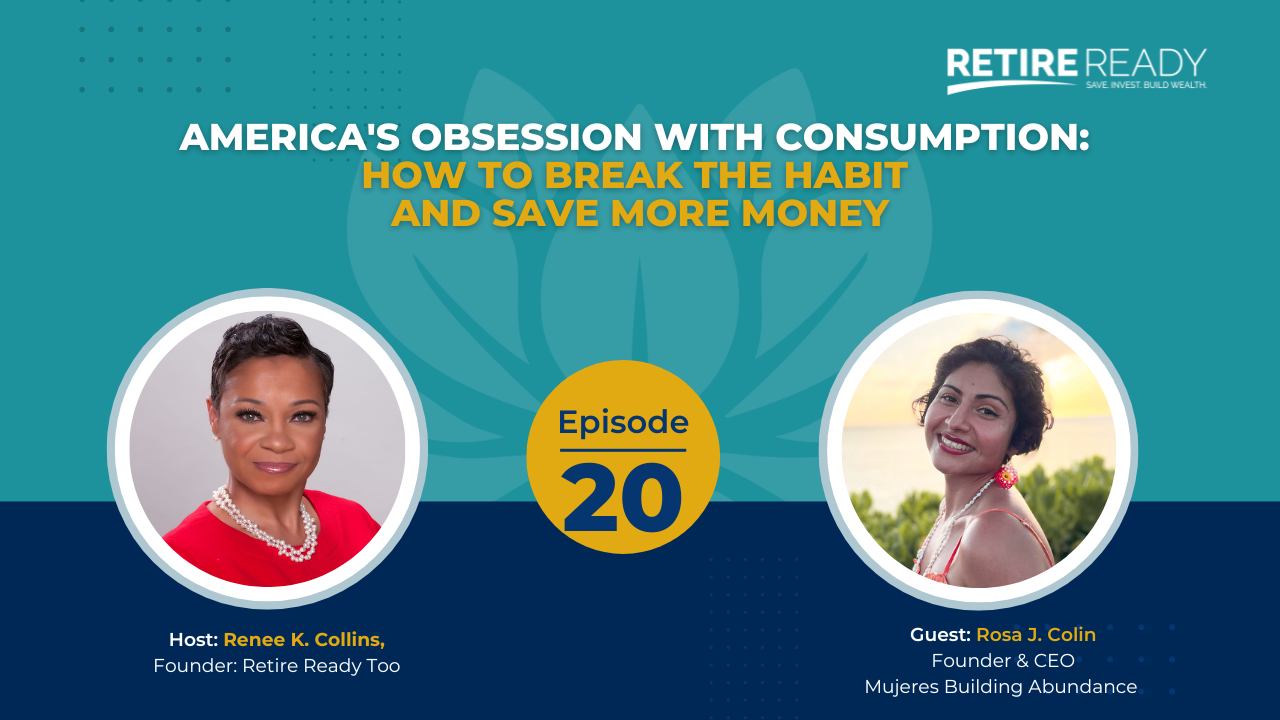America's Obsession With Consumption: How To Break The Habit And Save More Money
Nov 07, 2022
Have you ever gone to the store to purchase one item and you left with a cart full of crap you really don’t need. Sounds familiar? Do you ever wonder why you made the choices you did?
What were you thinking about at that moment? Or perhaps you were not thinking and someone else was doing the thinking for you. Sounds a bit eerie?
But oftentimes it is true. Let me explain. I have to take you on a historic ride to get to my point so bare with me.
In the 1920s Americans made purchases based upon their needs. They needed shelter, clothing, and food. Luxury items and anything beyond basic needs was purchased by the well-to-do.
After World War II, the government and manufacturers began to wonder how they would keep the economy growing during peace time since all efforts and labor had been directed towards providing for the war.
Entering the scene is “master manipulator” Edward Bernays, a public relations pioneer and the nephew of Sigmund Freud…many of us have never heard of him. He began by helping Woodrow Wilson's presidential campaign. It was during this time that he decided to change people's buying habits by making them believe they needed something they didn't need (and also making sure they couldn't live without it).
By encouraging people to buy more stuff as “essential” to our lives, Bernays helped companies make millions—but at what cost?
Today, we're still living with his legacy: consumer culture has taken over our lives and made us feel like if we don't buy every new product that comes along or create an Instagram-worthy life for ourselves then we are somehow less than other people who do these things.
Some studies say we are exposed to over 10,000 ads a day (wow, that seems like a lot of ads) that convince us to buy things we don't need. So when you go to the store, make a purchase and later realize you did not need it, it could be because you were being influenced by some outside force and you just did not realize it. Think about this next time you go shopping for that one item.
The good news is that you can learn how to break free from the consumerist trap and save money. You may even find yourself being happier for it!
In this week’s episode, guest contributor & Financial Fitness Coach, Rosa Colin and I have a conversation about consumerism, the impact that it has on our mental health and what steps we can take to live happy and satisfying lives.
***************Resources Mentioned In Podcast***************
Rosa Colin - Financial Fitness Coach and Founder, Mujeres Building Abundance
Rosa is a bilingual clinician, who takes on a holistic approach in order to guide individuals to self-empowerment and self-healing. She believes in the power of caring for one’s mental health to live an abundant life.
https://www.instagram.com/mujeresbuildingabundance/
https://www.linkedin.com/in/rosa-jennifer-colin-asw-cfei/
https://www.
Books:
The Seven Spiritual Loss of Success, Deepak Chopra

